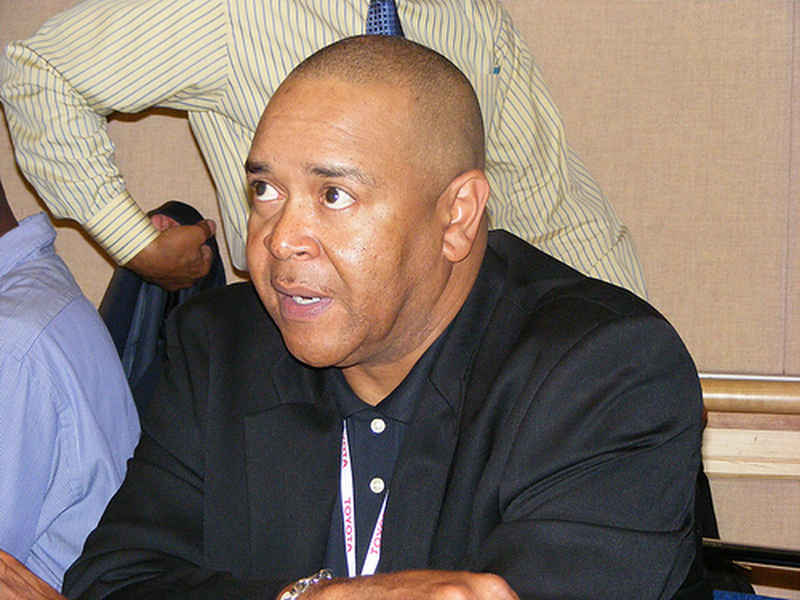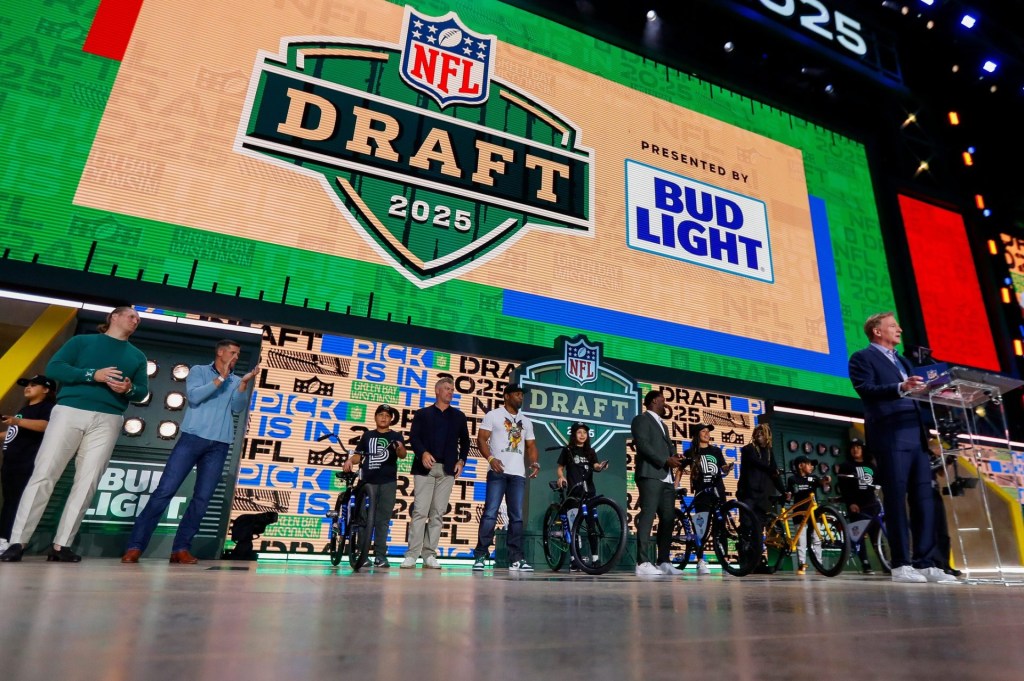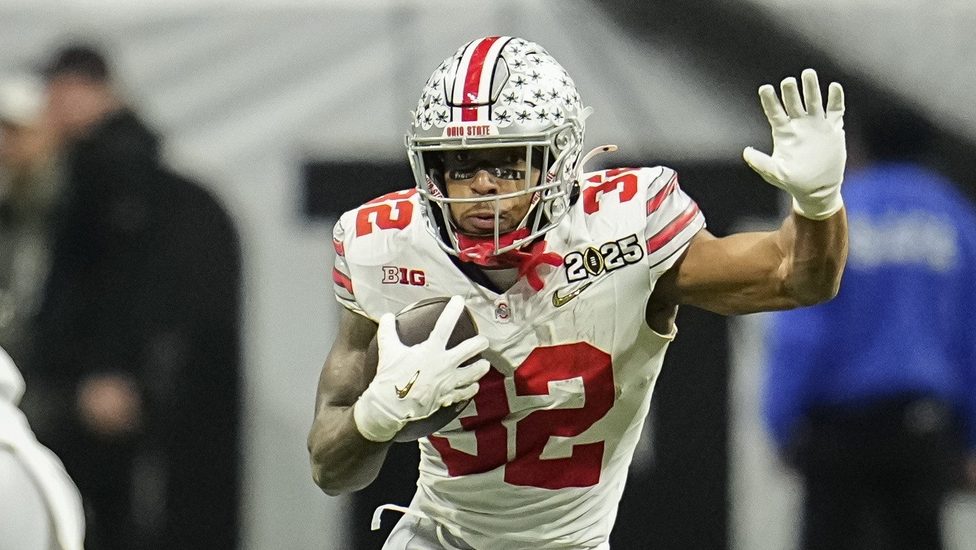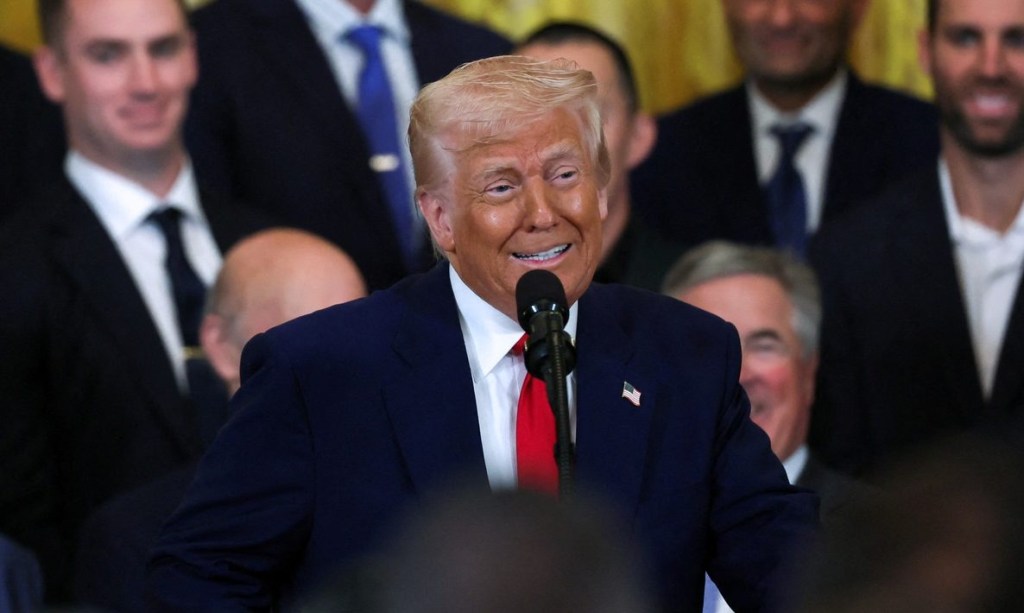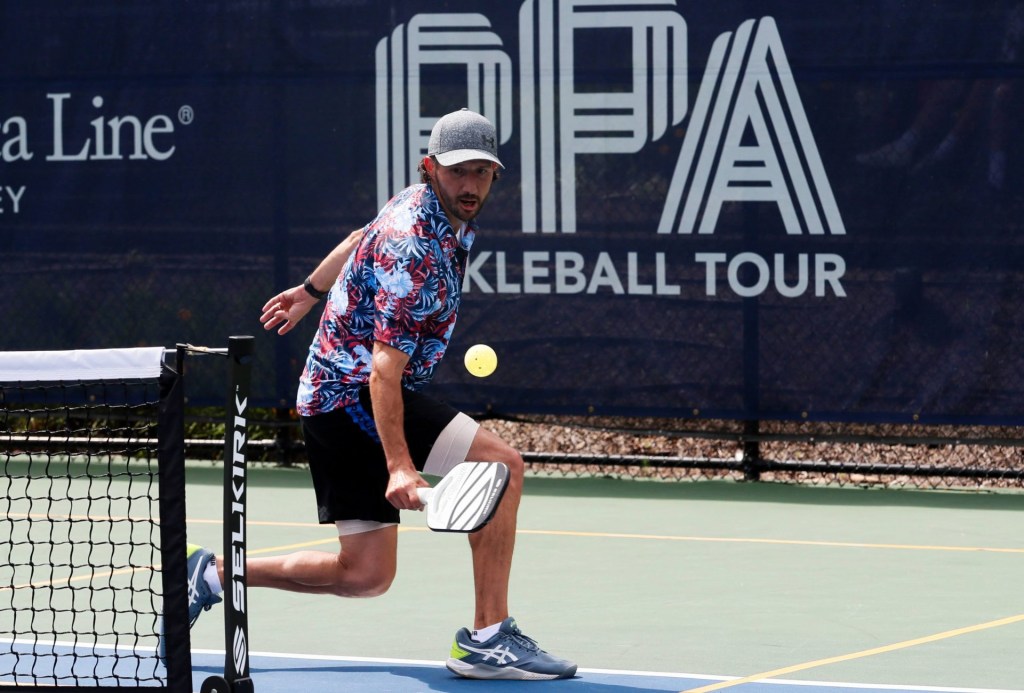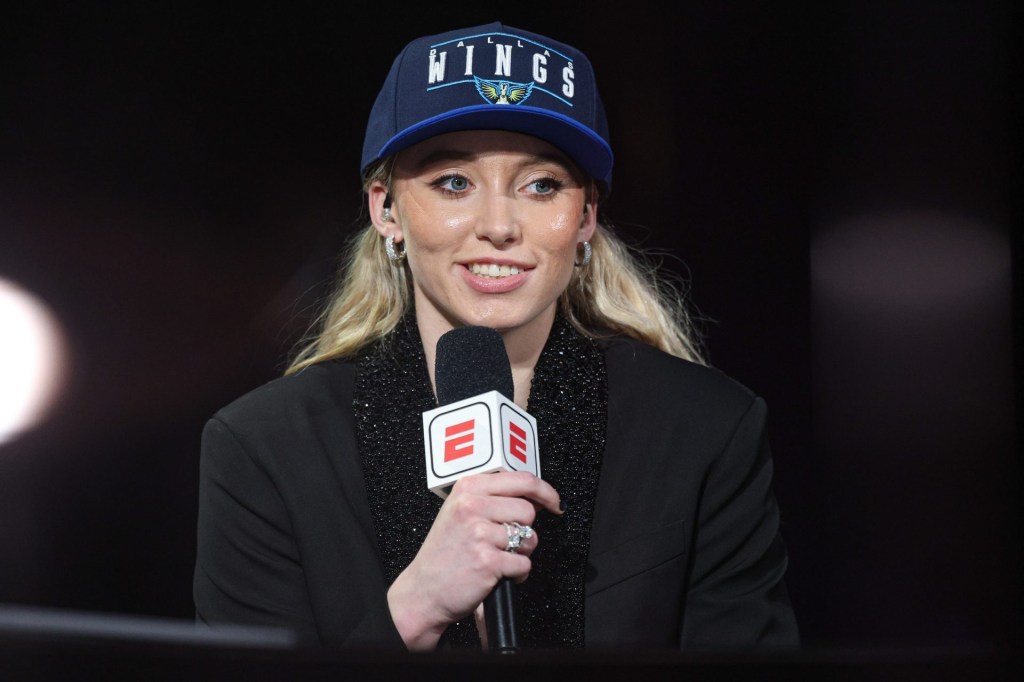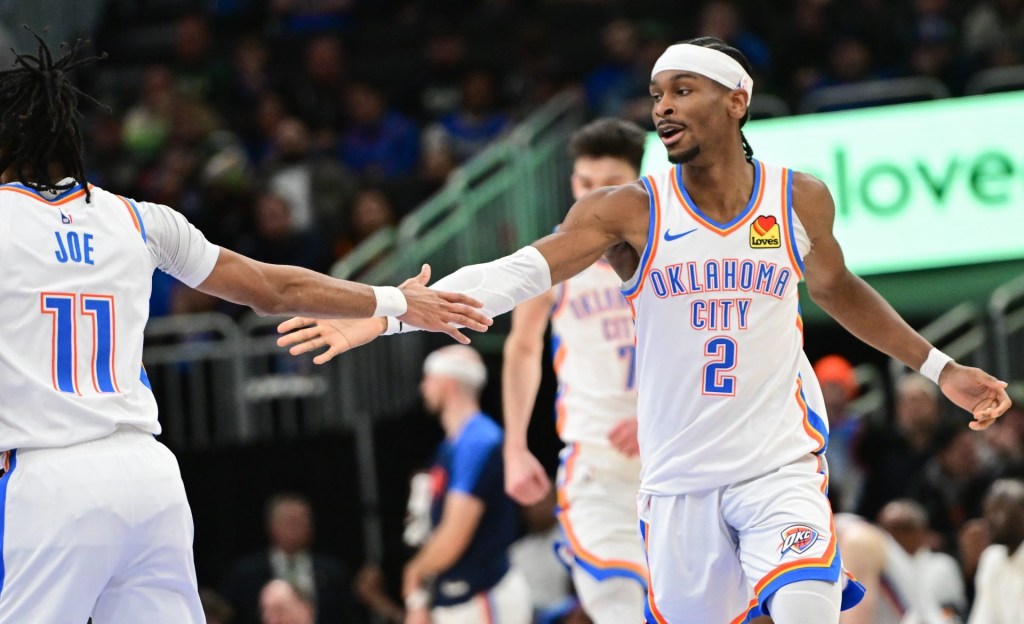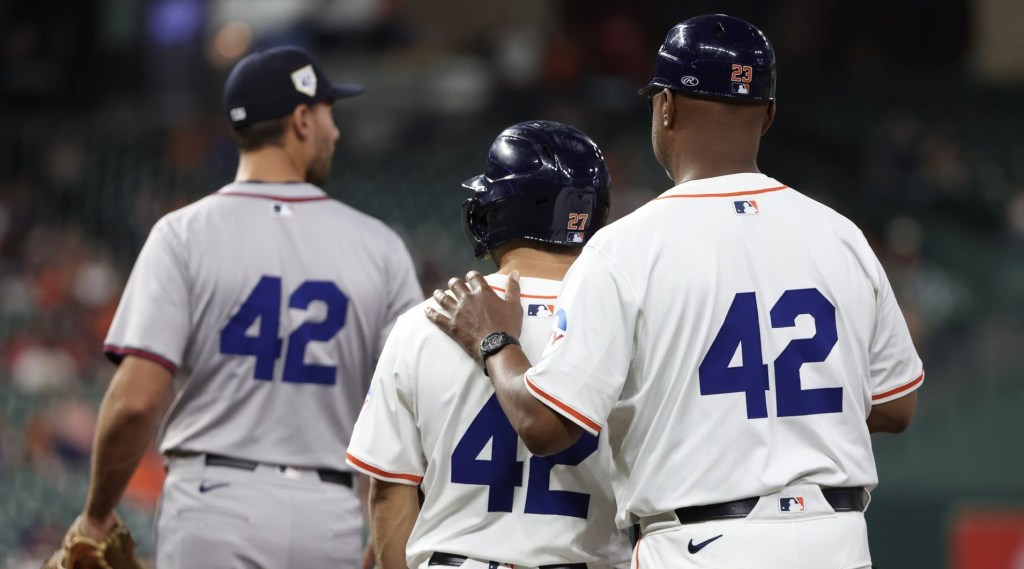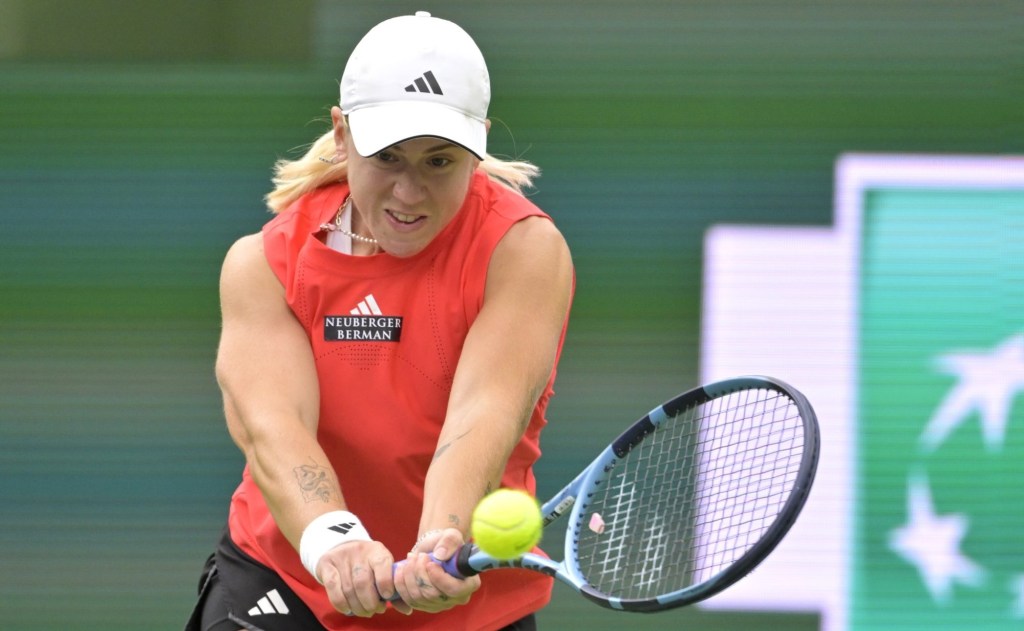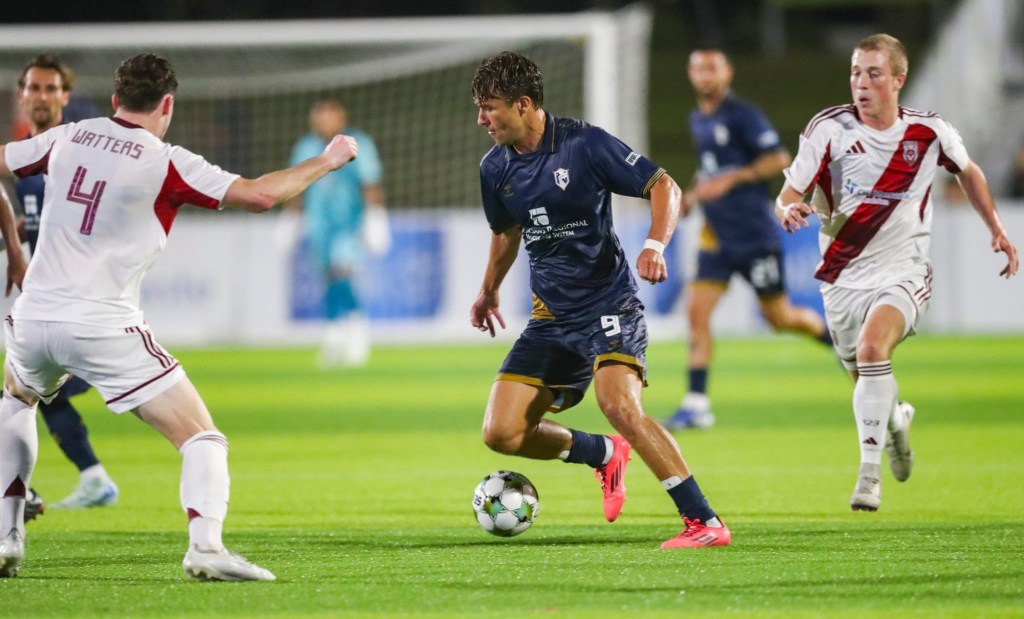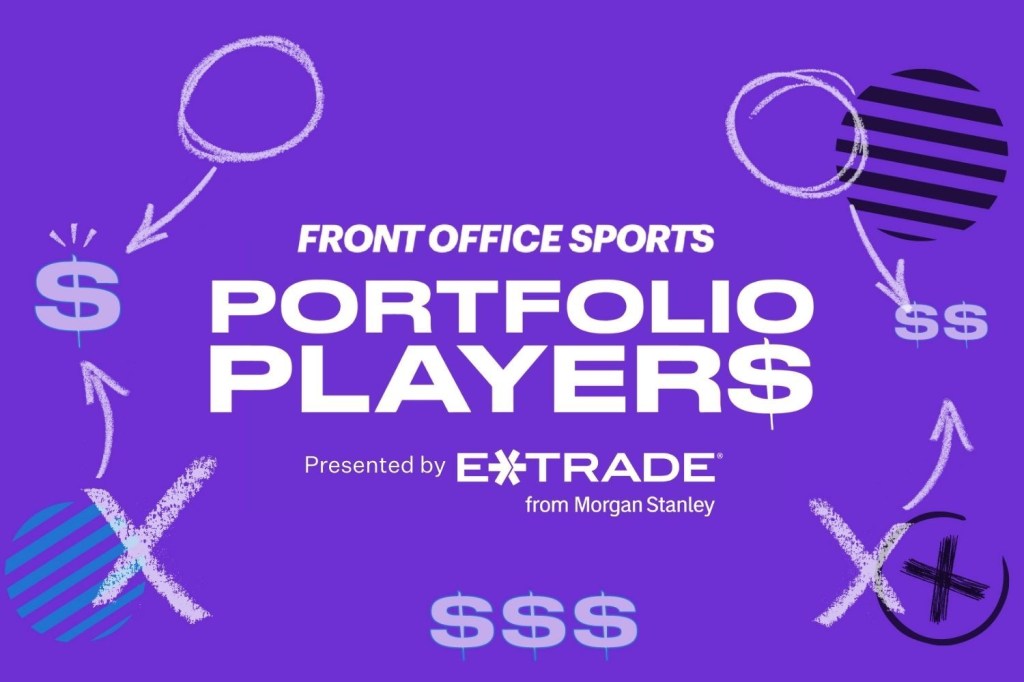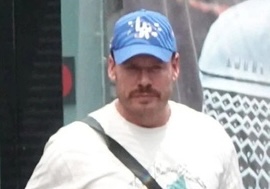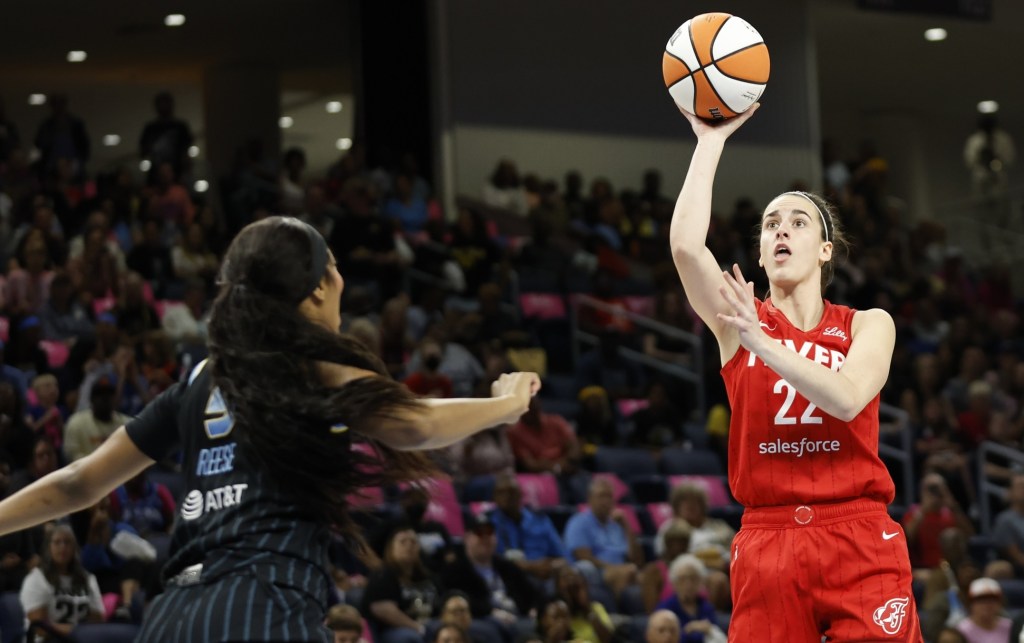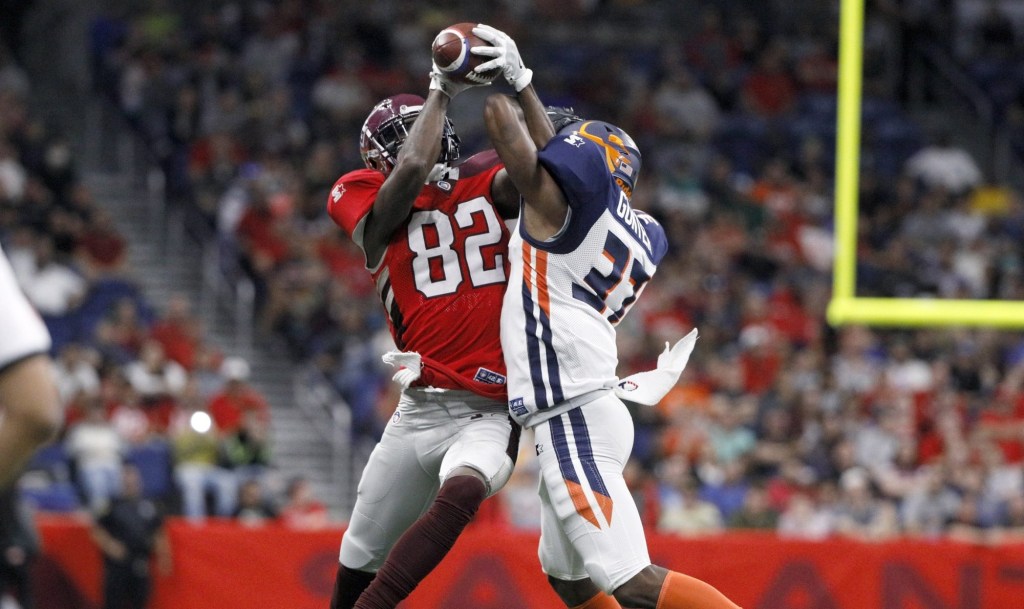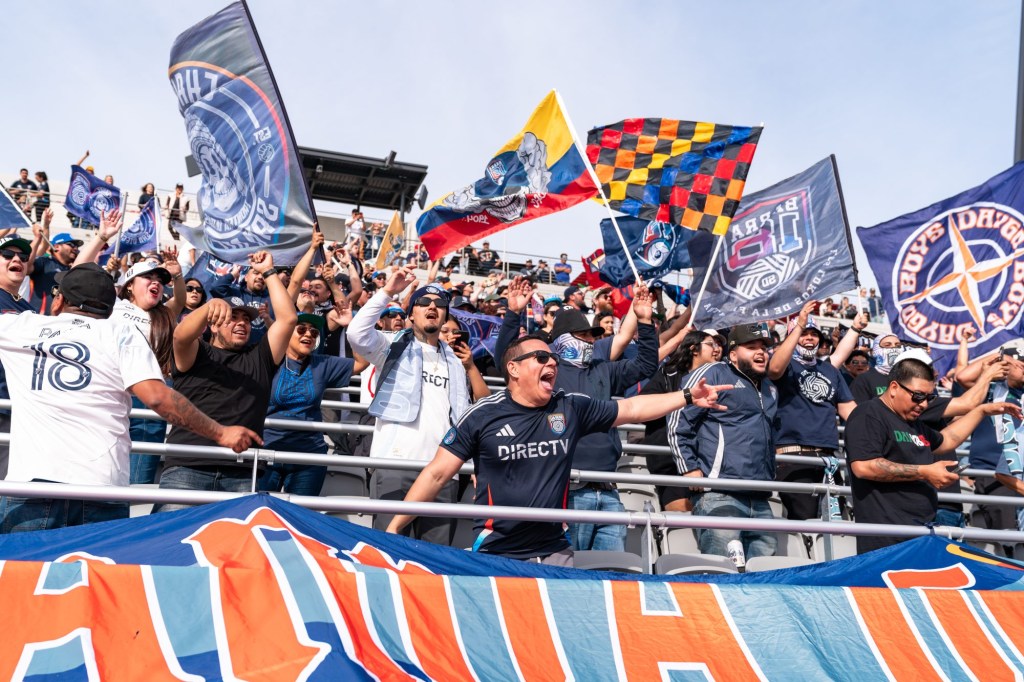By: Jay Stein, @JStein209

Front Office Sports is proud to have gotten the opportunity to speak with Lee Ivory, a career journalist and media consulting professional. Currently, Mr. Ivory serves as an adjunct journalism professor at American University in Washington, D.C., along with being the president and CEO of Ivory Communications, an all-purpose media consulting and marketing firm. Mr. Ivory held a variety of positions with Gannett Co. Inc., including becoming the deputy managing editor of USA TODAY’s News and Sports departments. Prior to that, he was the publisher and executive editor of USA TODAY Sports Weekly, a national magazine that specializes in the coverage of college baseball, Major League Baseball and the National Football League. Mr. Ivory was more than happy to offer up his time and insight into his journey throughout the sports journalism and media industries, some of the challenges he faced, and his suggestions to those seeking opportunities in the sports business industry.
Looking first at your role with American University, how do you advise those aspiring professionals who are seeking opportunities in sports?
Mr. Ivory began by stating how, “essentially most people don’t even understand,” the totality of what goes into sports business operations. He mentioned that many people, “see sports through a singular lens. They see the games, the coaches, assistant coaches… but they don’t realize that it takes an army of people to pull off an NFL game, for instance, or work in the front office with Major League Baseball, or be one of the communications people who work at the U.S. Soccer Foundation.”
Mr. Ivory said that, “there are thousands of jobs that spin out of sports,” and he looks to, “open a lot of minds to the many jobs and professions in the sports industry.”
Being at American University, Mr. Ivory began to describe the value of being in Washington, D.C., and even more so in terms of the opportunities to develop a strong network. “Washington, in particular, is a great networking place; you can have all the skills in the world, but the old adage that it’s about who you know, not necessarily what you know, still rings true in a lot of professions, but especially in a town like Washington.”
“The students who walk away with some real contacts and some real mentors to steer them through this business and help them eventually get jobs,” will be the ones who turn out to be successful, Mr. Ivory said.
Coming out of a sports education program, students should end up, “in the position to get jobs,” in the industry, which he is looking to provide a model for them to do so.
How valuable is getting the master’s level education in sports business, versus those who jump right into the workforce?
“Well, I think everybody is different,” Mr. Ivory said; as for taking the educational route, we both agreed that, “you should really use your university as a resource.” Digging deeper, Mr. Ivory continued to elaborate on the importance of being able to, “meet some people and really establish some relationships,” while attending your university.
He then explained the course he teaches his journalism students by saying, “one facet of our program is internships, and all the students who come through our program have to have an internship a semester, and it really helps!” Mr. Ivory stressed how it gives students the opportunity to look at jobs they are interested and, “get to see up close and personal, if it’s something they really want to do.”
Through these internships, students may notice that the path they are on is, “not ideal at this point, but you look around the shop, and there is just a wealth of opportunity that you can aspire to.” This also includes, as Mr. Ivory said, “the chance to talk to the real bosses … and a lot of people who get internships end up staying there,” for full-time employment. He then concluded by saying how, “it’s truly outstanding, the access that students have to a real profession.”
What was it like covering sports while working with USA TODAY?
Mr. Ivory joined USA TODAY ten months after the paper started in 1983. “I did a lot of different things … and I was one of those guys who would volunteer for the ‘trash’ jobs, and I would do it well, until, before long, they started to give me decent things to do.”
After a number of events, which included managing coverage of news from Congress and the White House, Mr. Ivory recalled, the, “editor of USA Today at the time asked me to take over USA TODAY Baseball Weekly.” At the time, with the internet on the rise, “it was no longer feasible to have all those pages just filled with numbers and stats, and so they asked me to come in and make it more of a narrative … so I came in and made it read like a magazine.”
Moving forward, Mr. Ivory noticed the struggle that took place selling the magazine during the off-season, and he, “came up with a plan a to cover football. … So I went out and found a group on the West Coast, who had been covering football for 30 years, and negotiated a deal with them to outsource our pro football coverage.”
That led to the beginning of USA TODAY Sports Weekly, where Mr. Ivory started as, “executive editor, and then when my publisher left about halfway through, I became executive editor and publisher of USA TODAY Sports Weekly.”
In closing, Mr. Ivory said how, “USA TODAY was the greatest place, the most creative place, and the most fun place I’ve ever worked… especially in the early days when we were still trying to find our way. It was just so creative, you could come up with any idea, and if it was a great idea and had some legs to it, they would try it, and that’s how we became successful.”
What suggestions would you give to those looking to get started in sports journalism and in the industry as a whole?
“I’m going to fall back on internships,” Mr. Ivory said, because, “there is a wealth of opportunity and a wealth of knowledge.”
We also looked back to the universities and, “the professors at the schools. A lot of them don’t come from academics, a lot of them were practitioners who worked in the business for many years.”
This evolved to a discussion on the relationships you make with your professors, and, Mr. Ivory described, “many are like me and they are still plugged in to a lot of different publications you know.” Being able to, “fall back on the network,” is a huge, “part of getting great internships, which I can’t emphasize enough. The internships are everything, and once you get in and you talk to your professors, you pick their brains and ask them to introduce you to people.”
“I tell students to go and get those cheap business cards,” Mr. Ivory advised.
“Go make up your own business card… it’s fine if it says student or intern at Channel Seven, as it’s a vehicle for people to stay in touch with you, and you can hand out as many of those cards as you can.”
Finally, Mr. Ivory mentioned the many, “journalism groups and organizations out there that you can join. They have really cheap rates for students, and you should seek them out wherever you are and in your town.“
How important is it to develop a strong network and have mentors that will help guide and support you throughout your career?
Building on the suggestion of seeking out the journalism organizations out there, Mr. Ivory said, “there are also a lot of mentoring organizations out there. It’s been my experience, the kids that stayed in touch with me, and who I try to talk to over the years, were the ones that walked up and introduce themselves.”
“Some of the bold and out-of-the box kids would walk up to me and introduce themselves,” he continued. Those people would ask, “Would you consider being my mentor? Could I call you or email you from time to time if I have questions about trying to navigate this business?”
Mr. Ivory revealed how, on a number of occasions, people would ask if he would, “mind reading a story or two for them when they write, so they can get some positive feedback or critical feedback, and that’s what more people should do.” In concluding, Mr. Ivory instructed that, “You can’t be a shrinking violet. You’ve got to stand out and be bold and say, ‘Will you help me if I put the work in?’ And I don’t know any professionals that would turn that away.”
Parting Thoughts?
“You’re not always in a position to hand someone a resume, but you can always dig into your pocket, pull out a business card, and then introduce yourself, and that’s what it’s about.”
“It’s about getting noticed and being memorable. Reach out to as many people that you can to get in the mix. It’s very important just to get in the mix!”
We would like to thank Lee for his time and insight! We wish him well in all his future endeavors!
You can follow him on Twitter here or connect with him on LinkedIn here!
